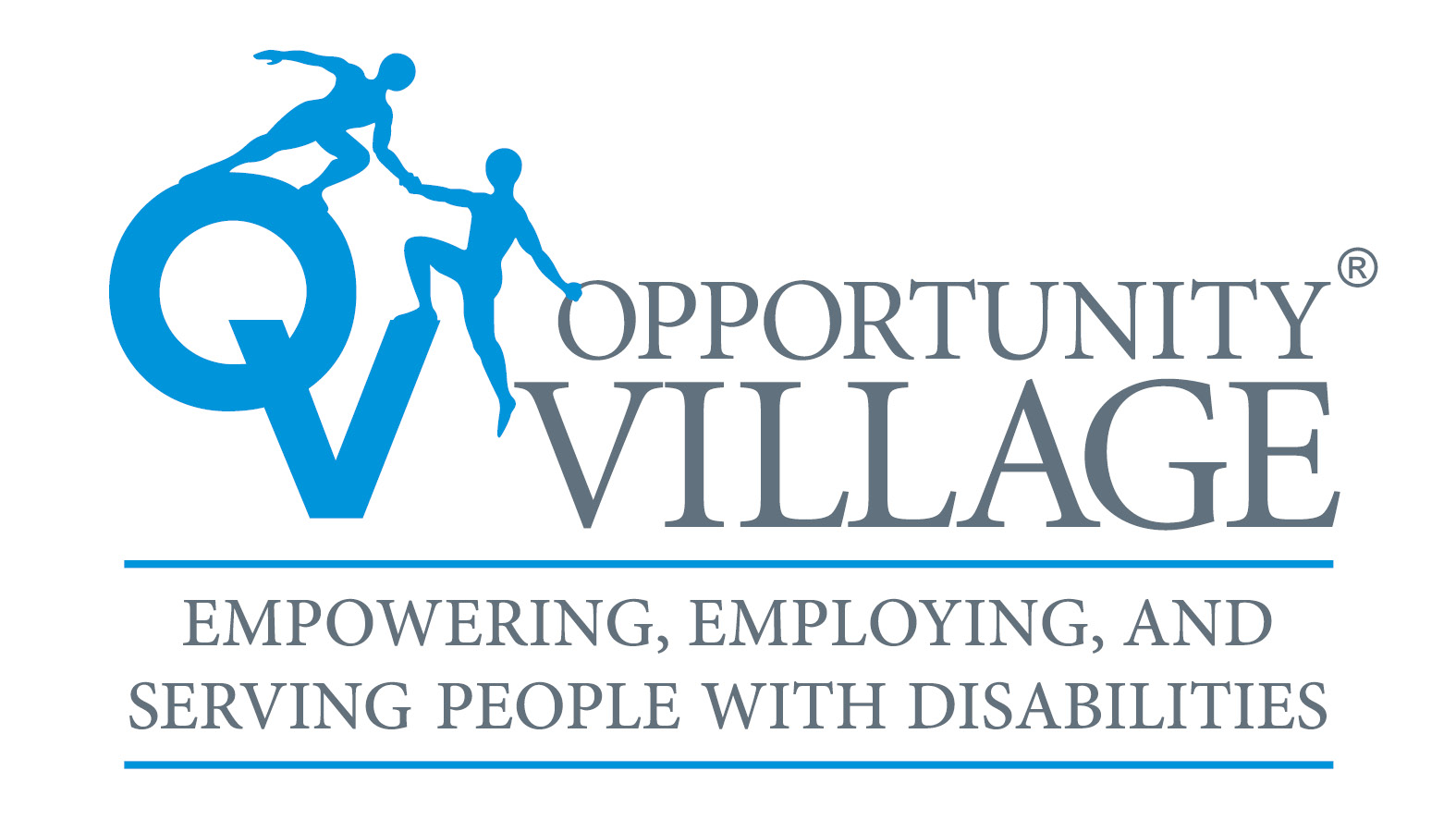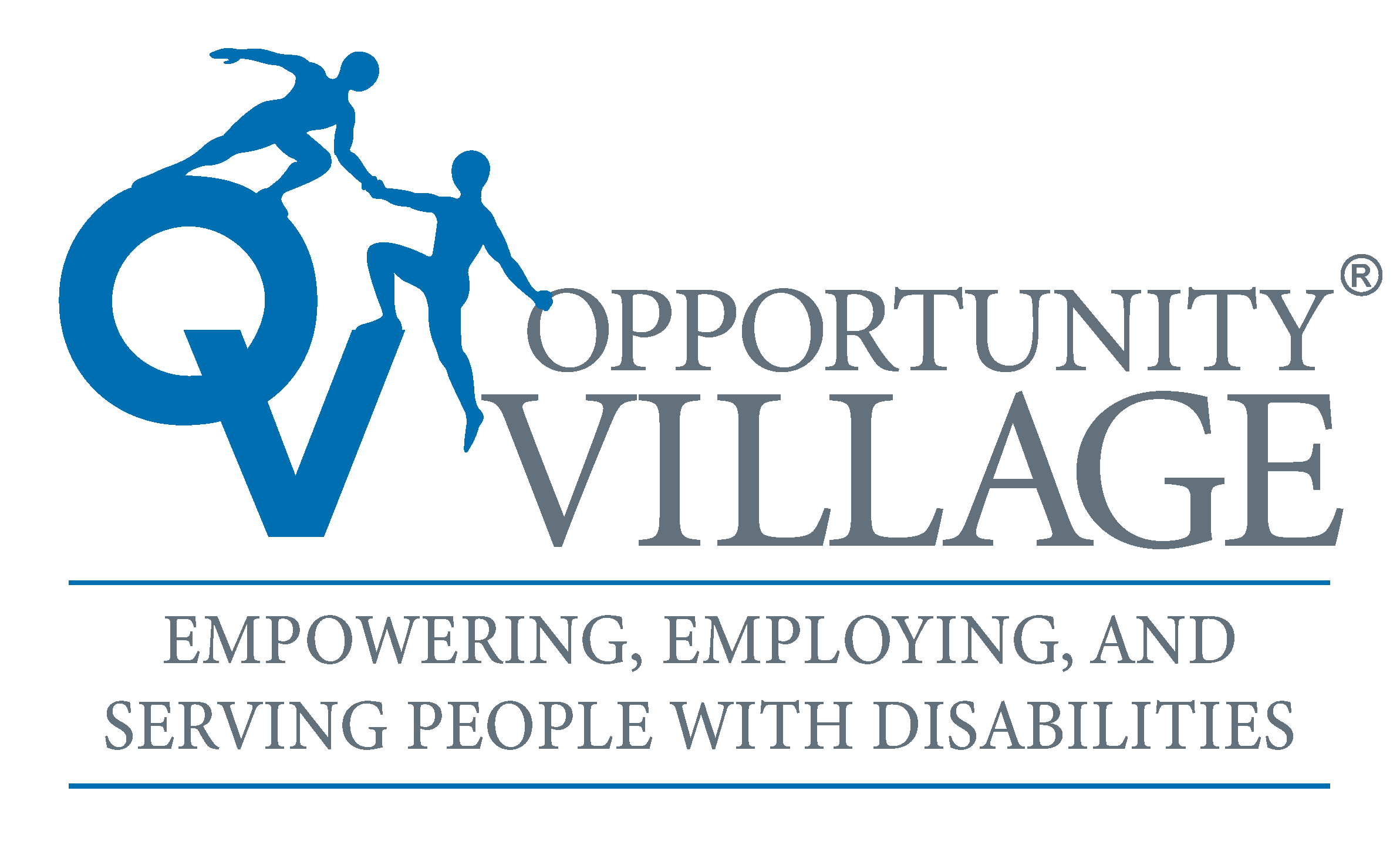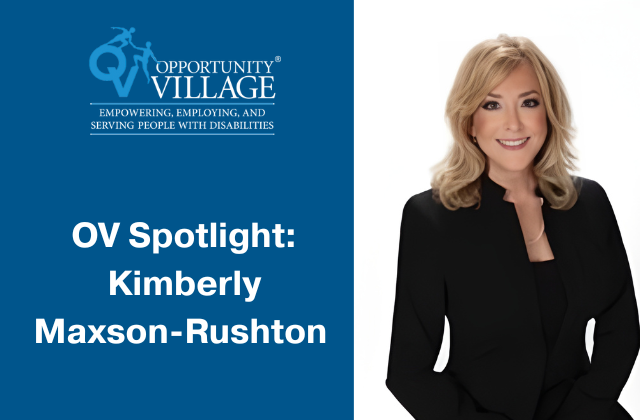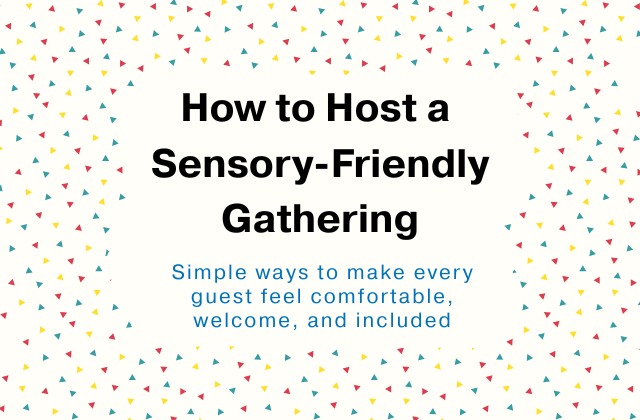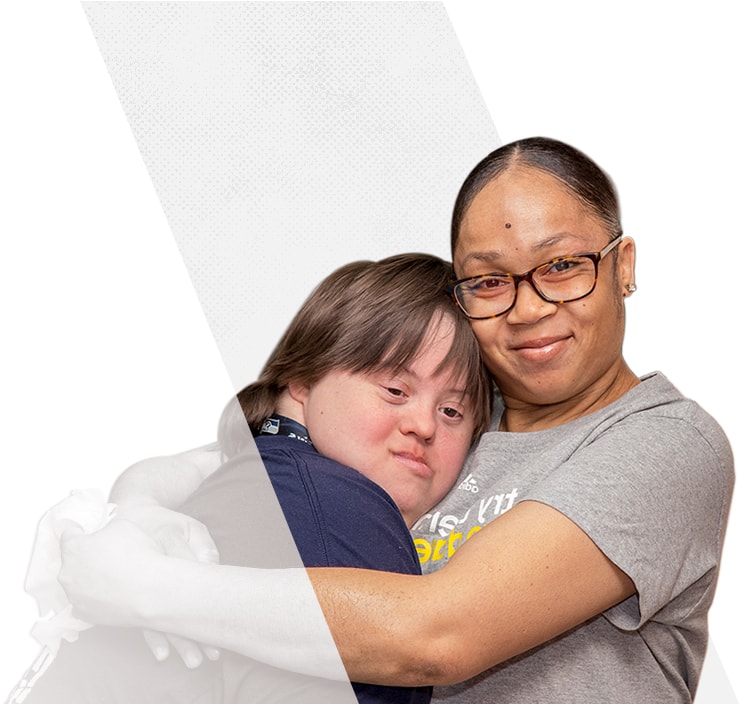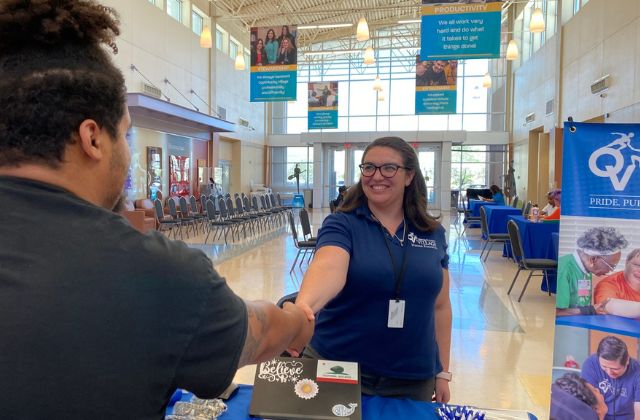
For students and adults with disabilities, finding the right job can mean the world for self-esteem, confidence, and independence.
Breaking down the job search into 5 key parts can help to simplify the process into one that is empowering and teaches a person a lot about themselves, what they enjoy, and where they thrive.
These 5 key steps include:
- Conducting A Self-Assessment To Prepare For Job Search
- Where To Look For A Job
- Preparing For An Interview
- Knowing Your Rights
- Interview And Follow-Up
Read on to learn more.
Conducting A Self-Assessment To Prepare For Job Search
A self-assessment can tell a person or their guardian a lot about themselves to prepare for a job search.
The first part of the self-assessment has to do with listing your current skills and interests. Is there a particular field or job you’d like to learn more about? Is there a job connected with a special interest you may have that you’d like to explore further? Laying out your interests gives you an excellent starting point.
Once interests have been established, next you’ll cross check them with any skills you currently have. Perhaps these skills were learned in school, while participating in a hobby, or learned at a job you had before. Knowing where your skills and your interests intersect gives you a great number of excellent potential job ideas.
Just because you may not have a particular skill now doesn’t mean you can’t build that skill for the future. Vocational training for students and adults with disabilities focus on building these crucial skills to open up the job market further in the future. These programs provide opportunities to explore and grow in a variety of different fields.
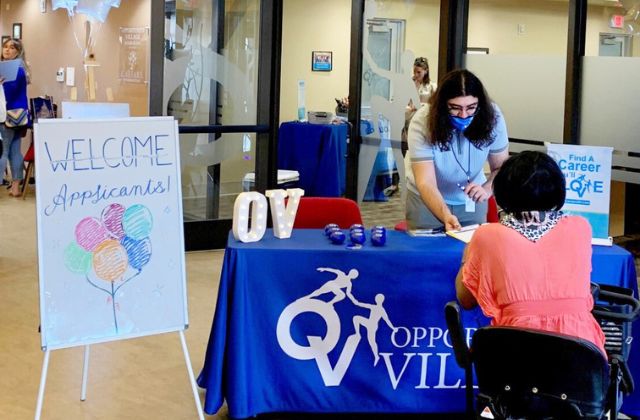
Where To Look For A Job
Once you have your interests and your skills laid out, it’s time to learn where to look for jobs that meet both of these points.
Online job boards are an excellent place to start. Not only can you find jobs to apply for on these boards, but you can also get a good look at what is out there in the job market in general. Online job boards can be searched at any time and job seekers, or their guardians, can spend as much time browsing these boards as they like.
Community resources are another helpful outlet when looking for jobs. Our Opportunity Village programs and services cover pre-vocational services, employment services, and student services to set individuals up with the jobs, educational programs, and employment services they need for success.
Using your network is another approach you can take to a job search. Guardians may know others with knowledge about potential local jobs, or those looking for jobs may have friends or schoolmates who know of potential employment opportunities as well.
Asking those you know, making use of community resources, and searching job boards will provide an excellent overview of all of the job opportunities available to you at any time.
Preparing For An Interview
Particularly for those who have never interviewed before, interviewing for a job can be stressful – but it doesn’t need to be. Guardians can help those with disabilities to be prepared for their interview by walking them through the process first.
Before having a mock interview, talking about the interview process will make the entire experience much less scary. Creating a checklist with tips for success and going over this checklist will help people with disabilities to feel prepared and confident going into a mock interview with their guardian and the real interview when the time comes.
Once you’ve gone over these tips for success, it’s time to practice. Guardians can pretend to be the interviewer and come prepared with questions that may be asked during the interview.
As your interviewee is asked, allow them to come up with their own answers in the same way they expect to present them in the real interview. You may want to discuss answers, provide guidance, and give some encouragement to build confidence and alleviate any worries they may be feeling.
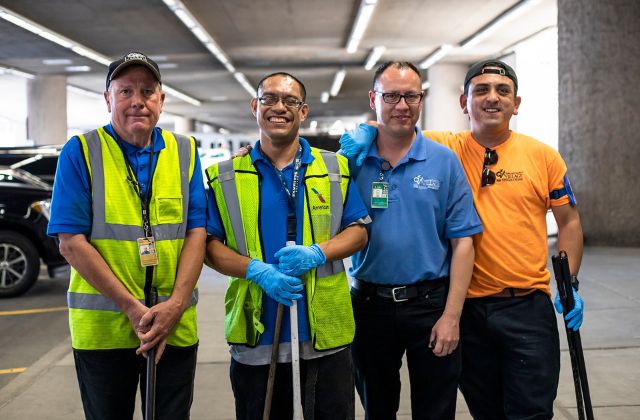
Knowing Your Rights
People with disabilities are protected at work under the Americans with Disabilities Act of 1990.
Employers must provide reasonable accommodations to their employees with disabilities, which means making the workplace and application processes readily accessible to employees of all needs. This could involve modifying policies, modifying job roles, providing interpreters, adjusting training materials, or any other accommodation that allows an employee to do their job with equal opportunity.
Guardians should familiarize themselves with ADA laws, regulations, and standards to ensure that any employer offering a job is respecting the rights of a prospective employee with disabilities.
Interview And Follow-Up
Right before the interview, it’s never a bad idea to go over the mock interview process again. Just to brush up on the questions that might be encountered, or how the process will look, a quick pre-interview session the day before or the day of can bring up that confidence once again. This is also a perfect time to go over the interview tips checklist once more.
After the interview, you may have to wait a few days to hear back from a potential employer. A good rule of thumb to follow is to wait about 5 days, and if you haven’t heard back, send a quick follow-up. A follow-up can come in the form of an email, a phone call, or even a handwritten letter thanking the interviewer for the opportunity to sit down and talk.
Guardians can use this follow-up as an opportunity to guide the interviewee in writing a follow-up email, letter, or making the call.
Our Opportunity Village employment services help people with disabilities connect with the jobs they will thrive in. The Assessment services help individuals to assess their skills and their readiness to join the workforce, while our Job Development programs work on building vocational skills, finding job placements, and working on interview techniques among other skills.
To learn more about how we connect people with disabilities with great local jobs, see our Employment Services page.
